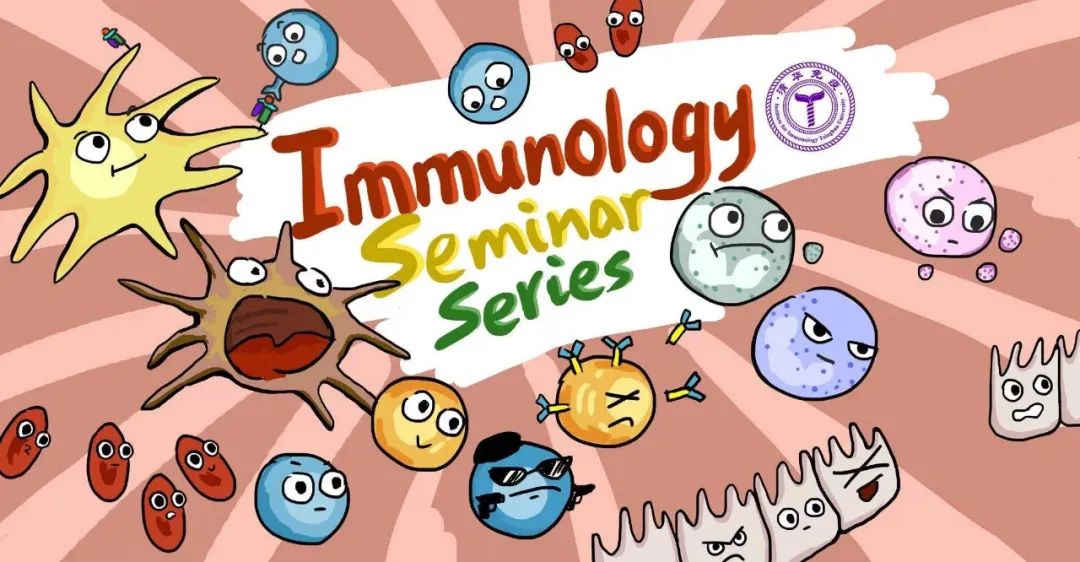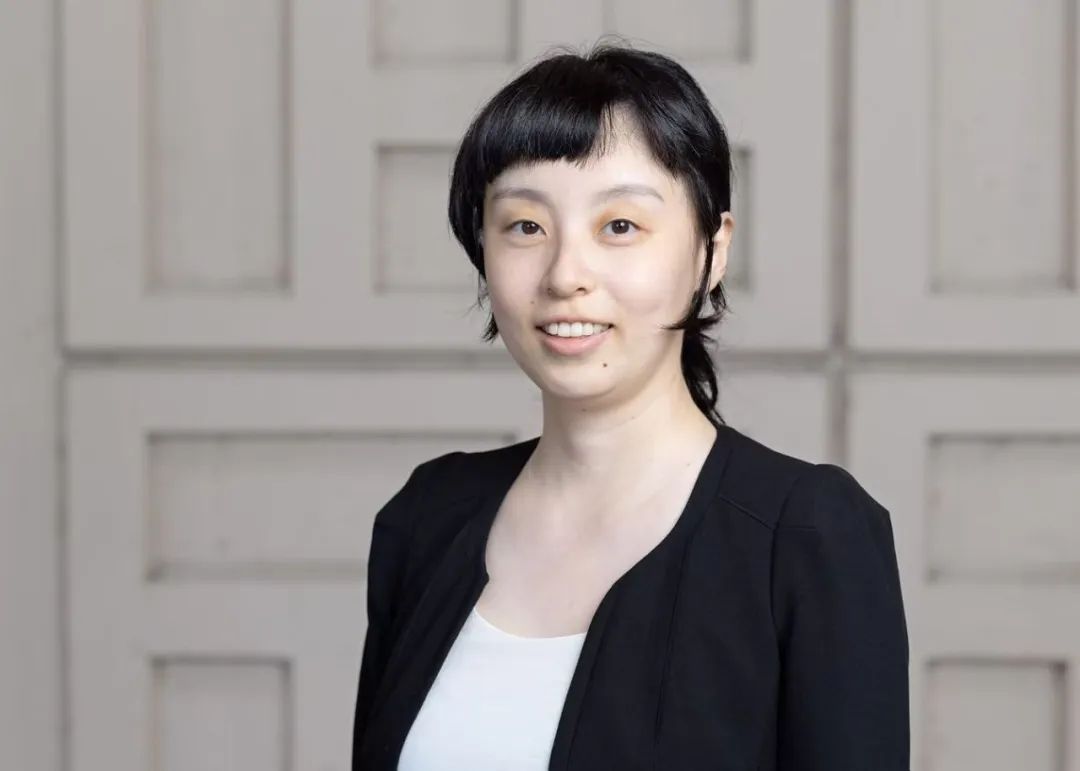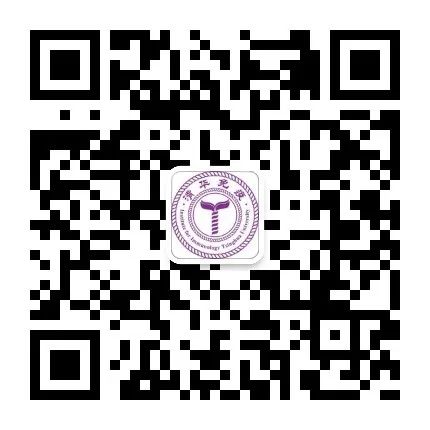
Population variations in immune responses to infectious diseases and vaccination

Meng Sun, Ph.D.
Institute of Immunity,
Transplantation and Infection,
Stanford University


Abstract
There is considerable variation in how different populations respond to infectious diseases and vaccinations. For instance, a subset of individuals, known as tuberculosis ‘resisters’ (TB RSTR), never develop infections with Mycobacterium tuberculosis (Mtb) despite high levels of exposure. Recently, the long-established role of T cell-derived IFN-g in TB immune defense has been debated. To explore potential mechanisms of Mtb control independent of IFN-g, we studied the CD4+T cell phenotypes of TB RSTRs. Additionally, while it is well known that children under five are more vulnerable to most infectious diseases than older children or adults, the specific immune deficiencies underlying this vulnerability remain poorly understood. To address this gap, we utilized our recently developed tonsil organoid model--a high-resolution in vitro system for studying human immunity to vaccination. Our study employed multi-omic systems approaches to identify immune response variations across different age groups, as well as between RSTR individuals and those with TB latent infection. These findings offer valuable insights for the development of future vaccines and therapeutic treatments.
Biography
Meng Sun joined Prof. Mark Davis’s lab for postdoctoral research at the Institute for Immunity, Transplantation and Infection, Stanford University in 2019. Her research focuses on employing high-throughput multi-omic systems approaches and the human tonsil organoid model to understand population variations in immune responses to infectious diseases and vaccinations. Meng received her PhD in Biomedical Engineering from Boston University, where she was supervised by HHMI professor Muhammad Zaman. Her PhD research focused on quantitative analyses of the breast cancer microenvironment. Meng earned her B.S. in Physics from Peking University.

Time: 14:00 – 15:30,
January 21 (Tuesday)
Venue: Room D326,
Medical Science Building
Host: Dr. Meng Xu


Copyright © 2017 Institute for Immunology Tsinghua University
Contact Address: Room D302, Medical Science Building, Tsinghua University, Beijing 100084, China
Tel: (86) 10-62776420 Fax: (86) 10-62776420
